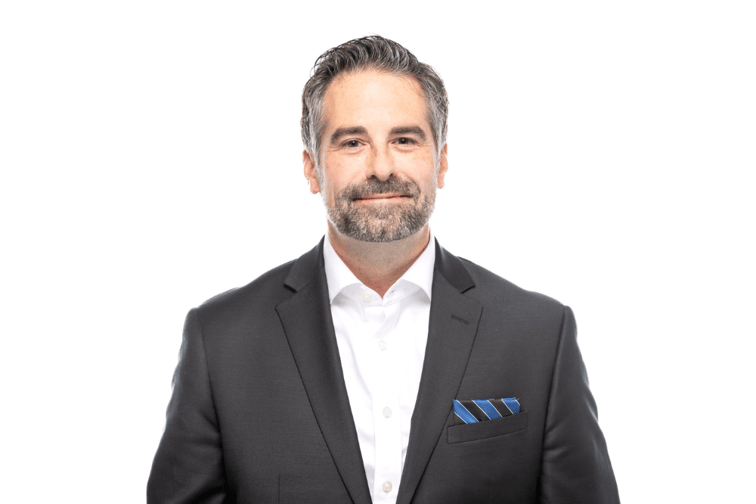

The property & casualty (P&C) insurance market is in “a better position” following the reinsurance treaty renewals at the start of the year, with carriers having more certainty around their underwriting strategy and appetite than in the same period in 2023.
That’s the assessment of Aon Canada president Stéphane Lespérance (pictured), who said the “smoother” 1/1 renewals bode well for the rest of 2024.
“The January 1 renewals went a little bit smoother than last year. I don’t mean it was easy by any stretch, but there’s a better understanding of what the outlook might look like,” said Lespérance. “I think [carriers] are in a better mode – they better understand their risk and their appetite and they have a good handle on their capacity and the limits that they’re comfortable providing, whereas, at the same time last year, insurance companies were still unsure how they were going to retain risk and how their underwriting appetite was going to be defined for 2023.”
Despite this improved vantage point of the market, Lespérance stressed that brokers cannot remain complacent, especially after a year of steep natural catastrophe losses.
Canada saw $3.1 billion in insured losses driven by severe weather in 2023, according to the Insurance Bureau of Canada (IBC) and Catastrophe Indices and Quantification Inc (CATIQ), the fourth-worst year for weather-related losses in the country’s history.
“Carriers trying to get a better handle on how those losses could develop. There’s still a lot of uncertainty around that, so many are working to understand the data and analytics,” said Lespérance. “Clients will rely more on expertise to quantify their potential risks, given the nature of climate change.
“Those who will be well positioned for 2024 and beyond are going to rely on great sources of data and analytics to back up their models, and those who are just thinking about it or starting to use that in analytics are going to fall behind quickly.”
One of Aon’s initiatives this year is to combine its commercial risk solutions and reinsurance solutions to leverage tools from its reinsurance arm to quantify large client portfolios.
“Think about the data analytics that we’re using to better assess risk for an insurance company when they underwrite their full portfolio… we’re going to apply the same tools on a single-risk basis,” Lespérance said. “We need to enhance capacity and bring more relevance to the market.”
The brokerage also plans to “double down” on its risk assessment and control capabilities by continuing to invest in technology and training.
“It’s the same markets for everybody out there. So, how do you make sure that your file is at the top of the underwriters’ desk?” asked Lespérance. “All our efforts are focused on ensuring the files we submit will get the proper attention so that we’re getting the right products.”
Alternative risk transfer methodologies are also high on Aon’s priority list.
On the captive side, Aon Canada is engaged with helping clients optimize the use of their captive or helping businesses quantify whether establishing a cell captive is right for them.
“Until we find proper capacity for certain risks that are either uninsurable or that they would get only limited capacity from the markets, you need alternatives to manage the risks that clients retain,” said Lespérance.
Lespérance also told Insurance Business that Aon is preparing to roll out its own generative artificial intelligence (AI) platform by the end of 2024.
The internal platform would include a large language model (LLM) and other tools that will help Aon’s workforce streamline daily tasks and give the organization a “competitive advantage” in the market.
“We have been developing our own tool to facilitate some searches because we have so many products, so many solutions,” Lespérance said.
The rollout will happen in stages across Aon’s regions, he said, but Aon Canada employees would be able to use the platform by year-end.
What are your thoughts on this story? Please share them in the comments.
